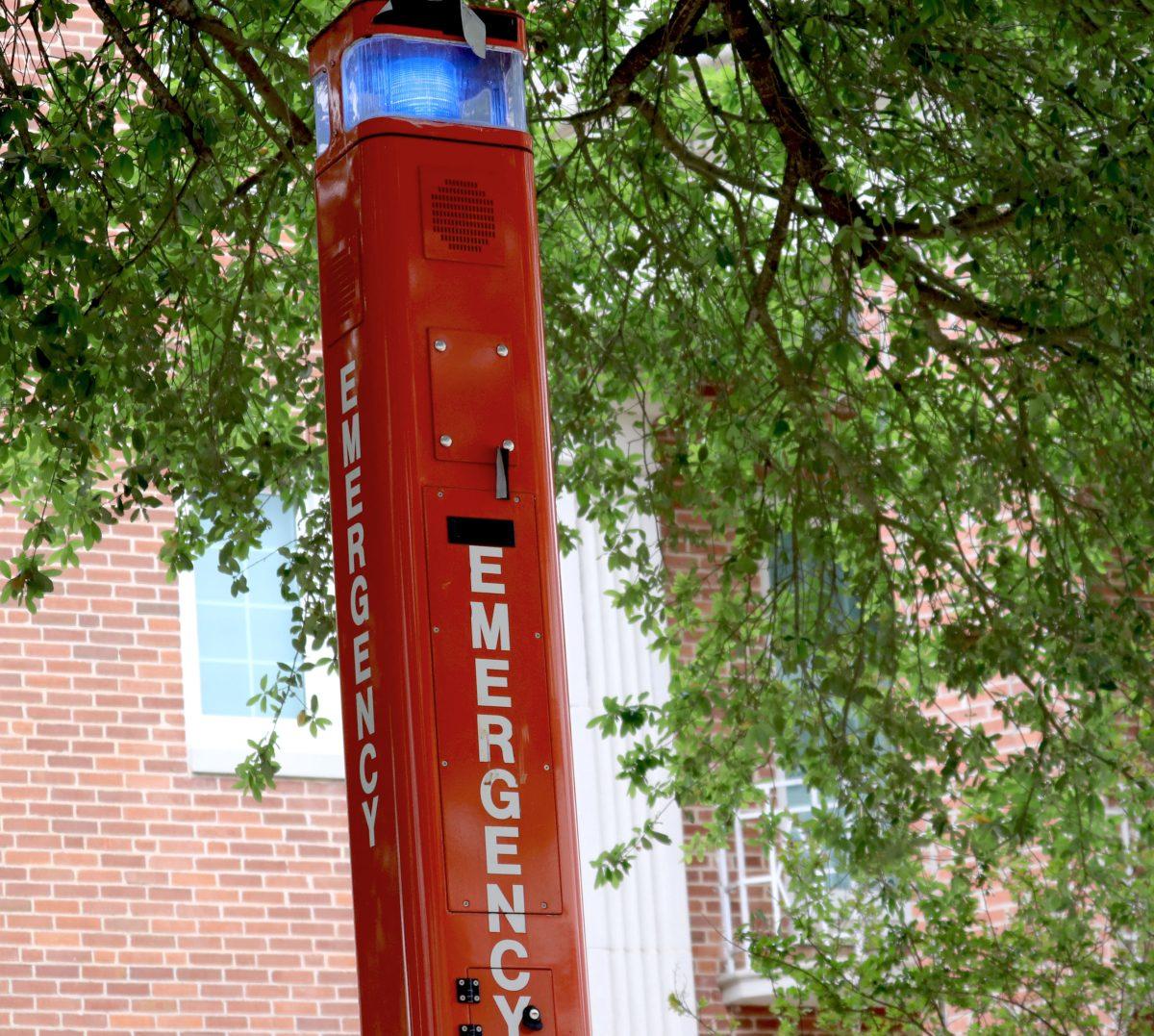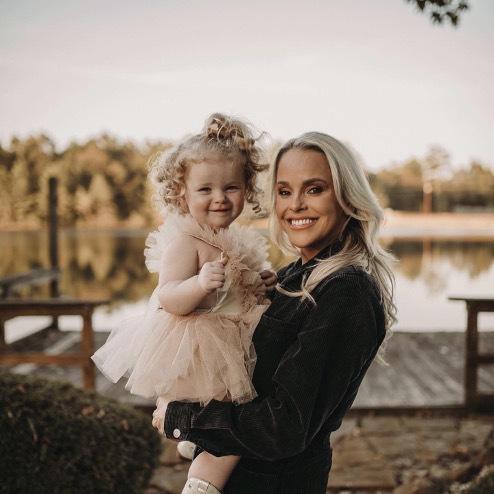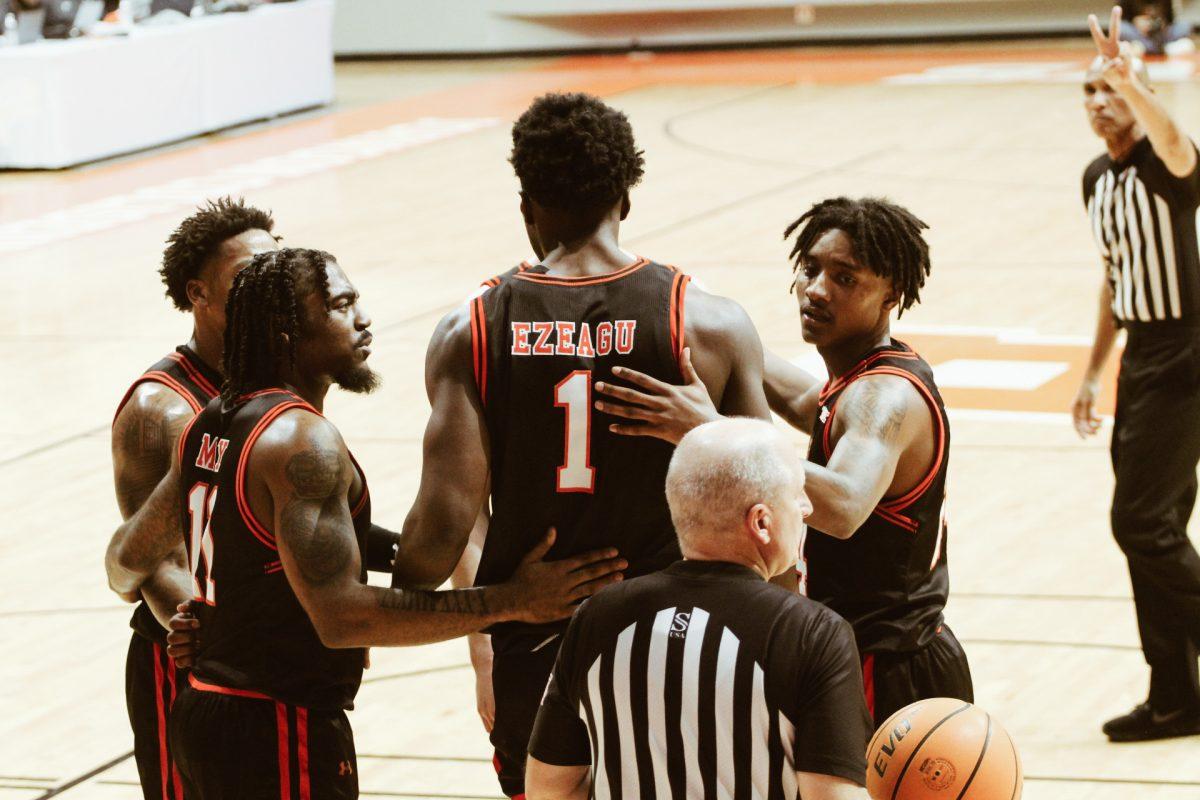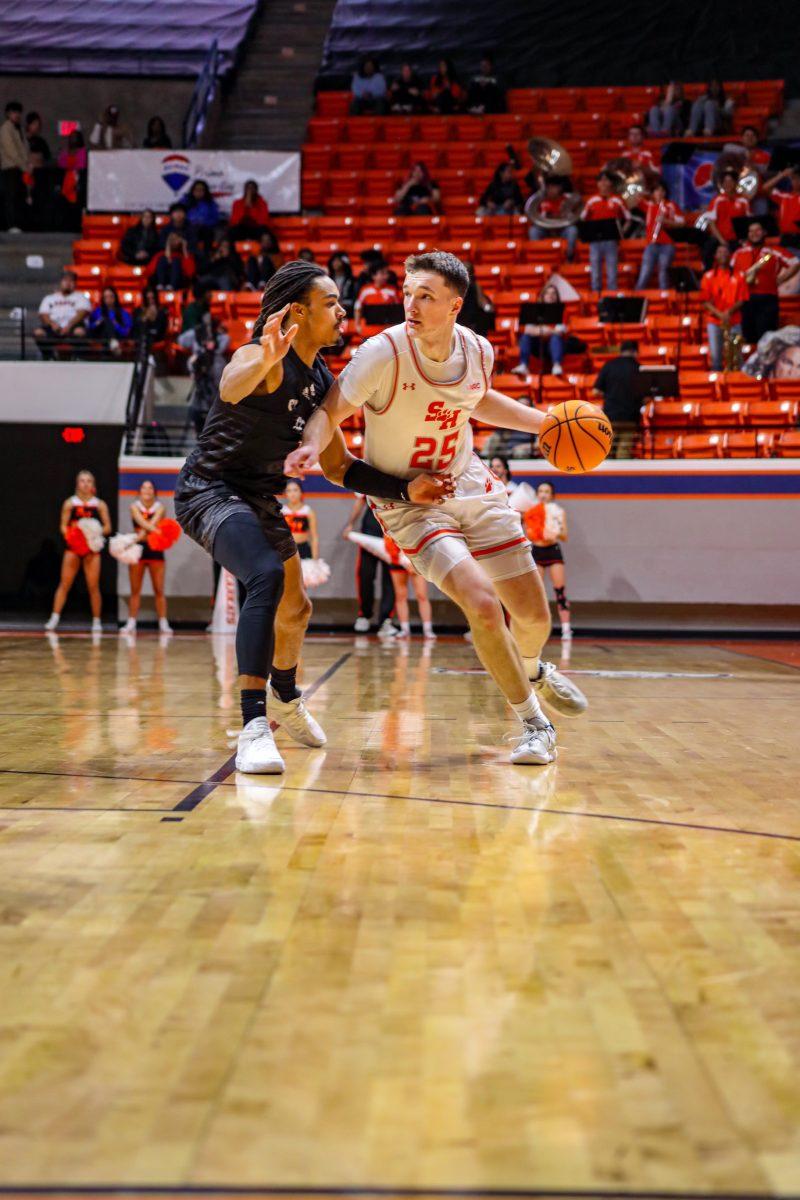Therapy seems to be a taboo subject. From a young age, we’ve been told bottling up our emotions is destructive. Despite the fact we’re encouraged to open up about our feelings, it’s still considered a weakness to be vulnerable. We want to appear strong, even though research has shown it isn’t a strength to destroy our minds, and thus ourselves.
With this said, therapy has become more accepted than it used to be. People may not be as open about it for fear of being judged, but they are more open to the idea of getting help.
However, does this apply to school counseling?
Life before college is a whole other world. Anyone can be mean, but kids are still finding their identities. Before college (and even during), kids are impressionable and more easily molded. Someone can be your best friend one day and your enemy the next.
Sounds dramatic, right? Life is dramatic for this age group. Something that seems so small to an adult may seem like the end of the world to a child.
It’s our fault for shaking our heads, rolling our eyes and telling them, “It’s nothing, you’re just being dramatic.” To them, they aren’t being dramatic; they’re dealing with real problems. Perspective is reality. The issues surrounding mental health can be addressed, but we all have to work on our mindset. Children are not only dealing with their peers, but our adult cynicism.
Everyone has a different walk in life, and we tend to compare each of our paths, but here’s the thing: If someone is so depressed and feels so alone that they are even considering suicide, the comparisons don’t matter.
To students in grade school, middle school, junior high, and high school, everything can seem worse than it really is. If they feel they don’t have any friends, who are they going to talk to? Probably not the people who smile when seemingly petty problems arise. This can eliminate parents and school counselors as an option.
Children don’t want to be talked at; they want to be understood. They want someone to genuinely care about them and their problems. Not all parents ignore issues, but many fail to see them before it’s too late. Counselors often start talking to troubled students after there is a problem.
This is not okay.
Counselors are there to be a friendly guidance, not to be their parent. Instead of waiting to see a child when a problem comes to attention, they need to form a relationship before any issues come up. This is impossible though, right?
No!
Studies have proven that the lower student-to-counselor ratio there is, the higher the success rate of the school overall will be. Fewer problems have a chance to manifest (you can’t avoid all of them) if preventative measures are taken. Counselors should make it their responsibility to visit classrooms and get to know each student. Students are less likely to seek help with someone they don’t know or trust. All those posters around schools about anti-bullying and seeking help are likely to miss the mark if there is no connection; if the student feels misunderstood and unheard.
Let’s make an effort to change the conversation in schools. We need to do more than just talk; we need to act. Schools need to set higher expectations and standards for their counselors by putting procedures in place that are in each student’s best interest.
Counseling shouldn’t be a taboo.
A student may feel alone in the world, but they need to know they aren’t. Even if one person shows genuine interest in their life, we might be able to spare the world one more unnecessary tragedy.









